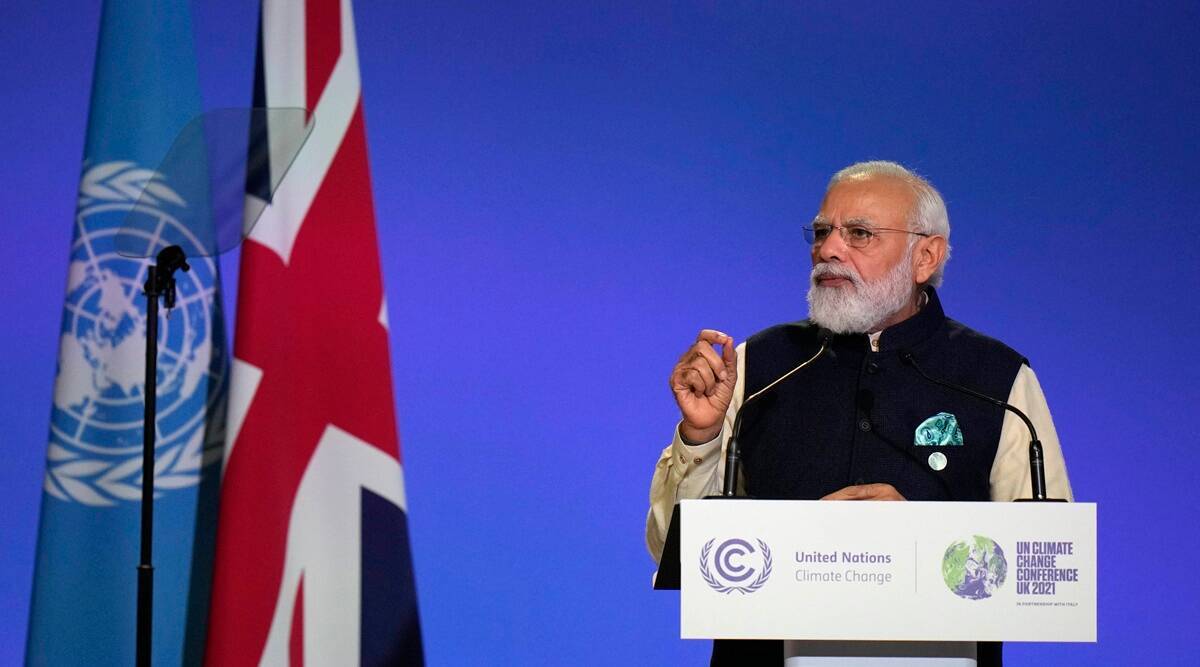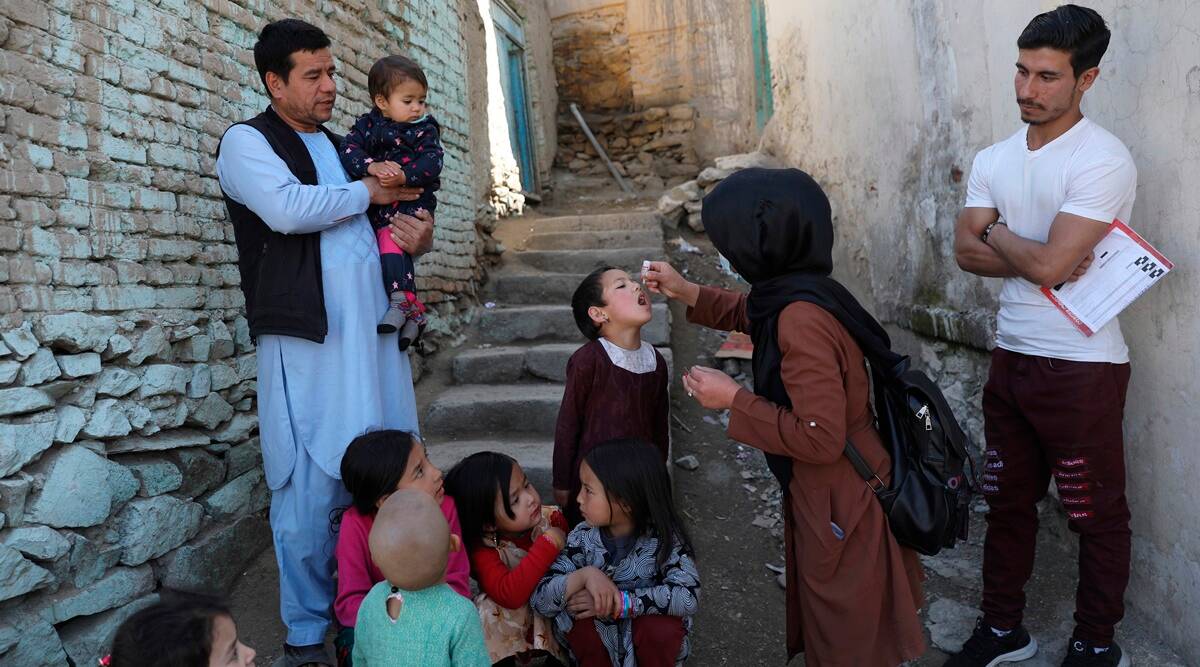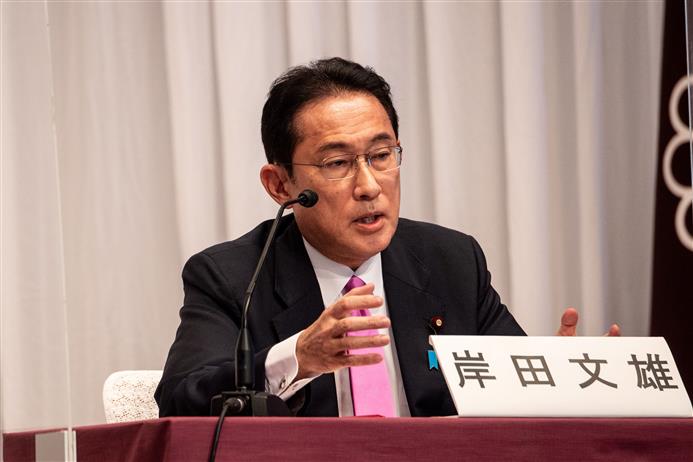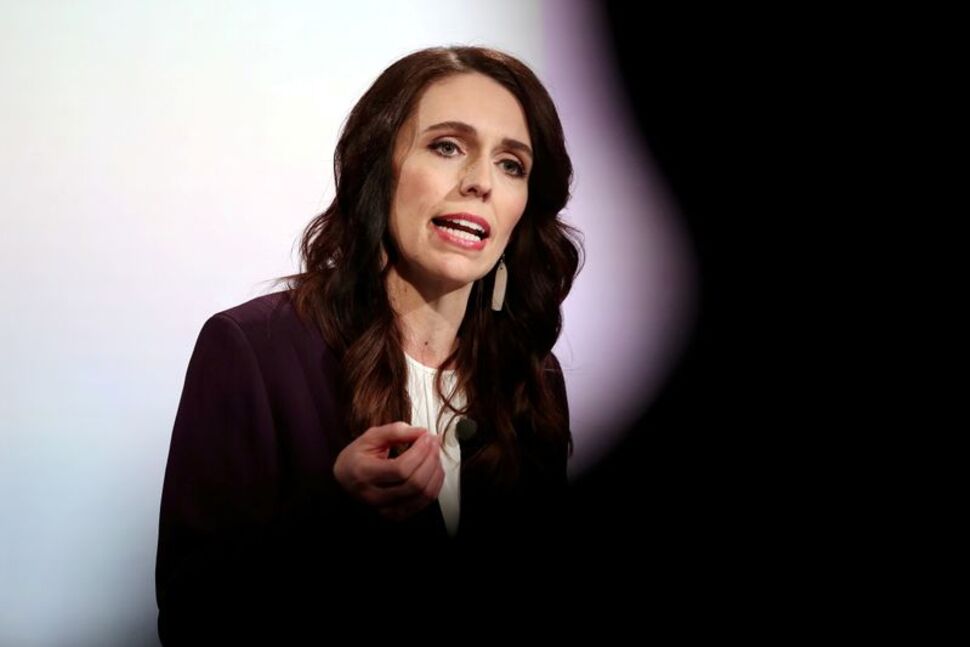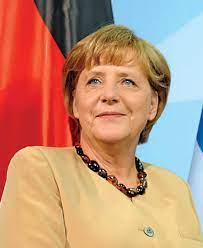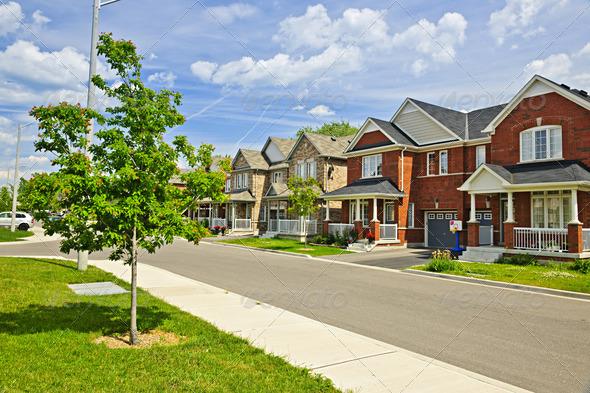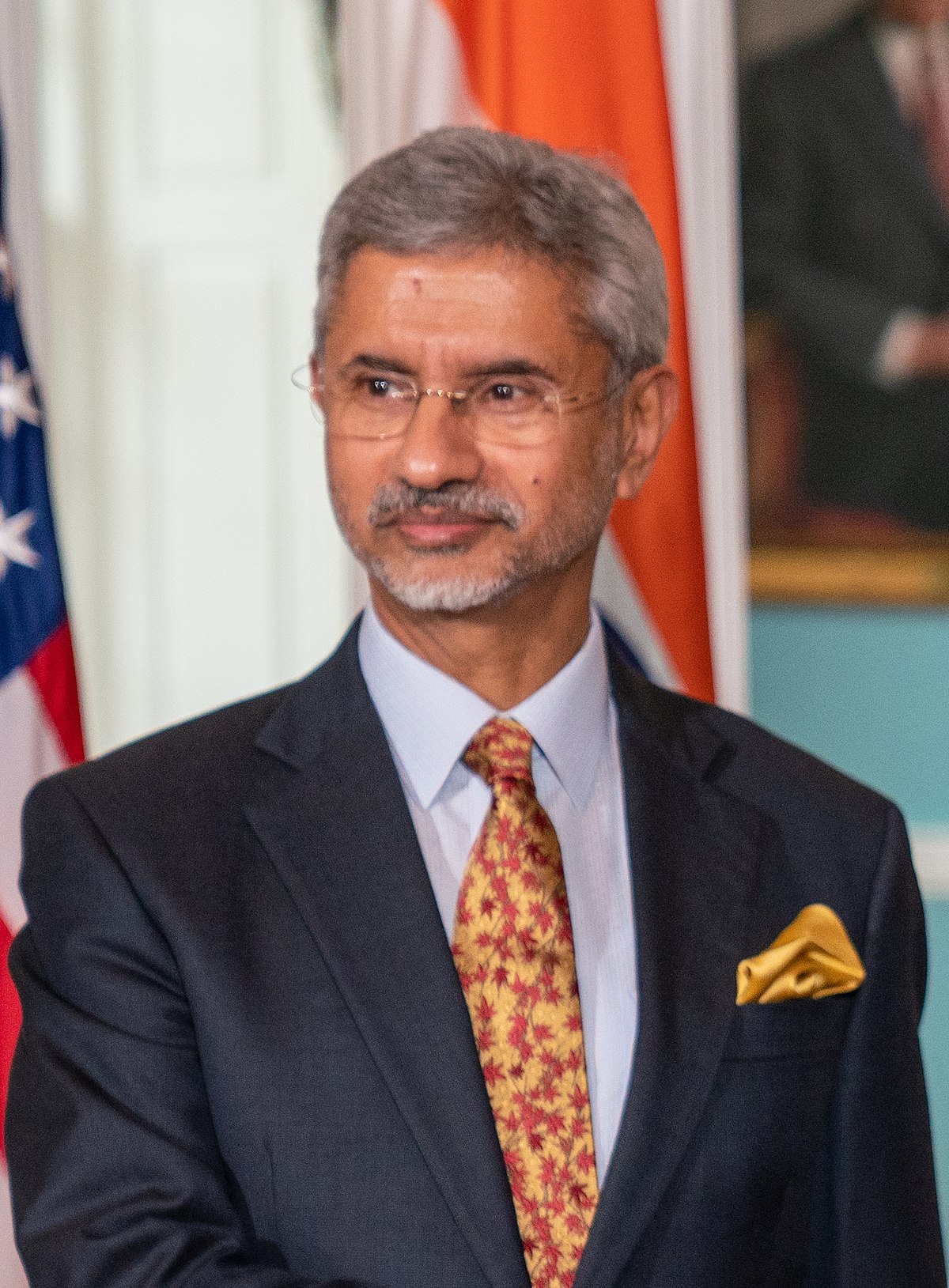
09/22/2022
New Delhi, Sept. 22: External Affairs Minister of India S Jaishankar said on Wednesday that for nearly five decades, India looked at the United States with suspicion and that its overall foreign policy assessment of the US was of deep caution, but the country has now decided to forge a different relationship with the US. Concepts have been overcome. ,
According to the Indian Media, Jaishankar also said that he wants to send a message that it is in the mutual interest of India and China to find a way to accommodate each other.
Jaishankar was speaking at Columbia University’s School of International and Public Affairs in New York with former NITI Aayog chairperson and Columbia University professor Arvind Panagariya on the topic ‘India in an emerging global order’.
“Take our attitude towards the United States of America … between the late 40s and I would say 2000; the year Clinton came to India. For almost 50 years, for various reasons, I am not saying that we are at fault Were, or was America’s fault, but the fact was that we treated America with suspicion very carefully. was,” he said.
“Now the fact is that when the world started changing the stability of that approach came into question. We fought, even the nuclear deal in 2005-08 was a conflict because on the one hand the US did something very clear. What held us back was an innate historically deeply rooted, possibly valid, skepticism of the United States. We said this is a gift horse that we really needed to look in the mouth,” he said. Told.
Jaishankar credited Prime Minister Narendra Modi for giving a new direction to India’s relations with the US.
“It has taken a lot of effort for us to dispel the earlier assumptions to have a different relationship with the US and one of the big differences that PM Modi has created… in a certain world view that fundamentally distances you from America , “They said.
Speaking on China, Jaishankar said, “The biggest change we have seen in our lives in the world is the rise of China. There is no question about it… because the comparison has downplayed the dramatic rise of India… If you evaluate India on its own merits… it’s fantastic. But then you have China which grew faster and more dramatically in the same time period. The issue for us today is how the two rising powers find a way to work in a dynamic situation in perfect proximity to each other. It’s a very complex problem…I was also using this opportunity to really send out the message that it’s in our mutual interest that we find a way to accommodate each other.”
Speaking on the economic trajectory of India and China over the past few decades, Panagariya said that China seems to have pulled its weight a bit more than India, to which Jaishankar replied that it was a “lust”.
“I think there were three big things that went wrong for us; one was certainly in the beginning, the split, the delay in exercising the nuclear option, and the delay in economic reforms… China developed regionally in this period. China exercised its nuclear option in early 1964, we did it half-heartedly in 1974 and we had to do it again in 1998. 1974 was tough but when you extended it to 1998 you automatically But at the same time let Pakistan hold on to that period,” Jaishankar said.
“… I would argue in many ways that China had a better strategy… Our model of globalization and embracing the world was deeply flawed. We did not build our domestic supply chain, we did not support our MSMEs We thought the world economy would be fair to us…,” he said.
Jaishankar also said that handling China is not easy. “Reassuring Russia hasn’t been easy, getting Japan into the game hasn’t been easy; these are the natural challenges of a changing world.”
He continued: “It’s like a high trapeze act with a lot of balls in the air … in an interesting way that this year has been its performance. We have challenges in the Indo-Pacific, Eurasia and we have done both effectively. Tried to address.
To a question whether India might consider allowing dual citizenship, Jaishankar said, “With the challenges, history of India, partition, etc., going into dual citizenship is not something that can be easily and safely done.” can be done from. There are views that would also urge caution. ,
Asked when India might get a permanent seat in the UN Security Council, Jaishankar said, “It is a very difficult task… UN is a product that was created 80 years ago. The number of independent countries quadrupled in that period… Within a few years, it would have the world’s third largest economy, the most populous society in the world, and not having such a country on major global councils is clearly for us. Not good, but it’s also not good for the global council in question… I think there’s a big support for India to be there.”-Agencies
